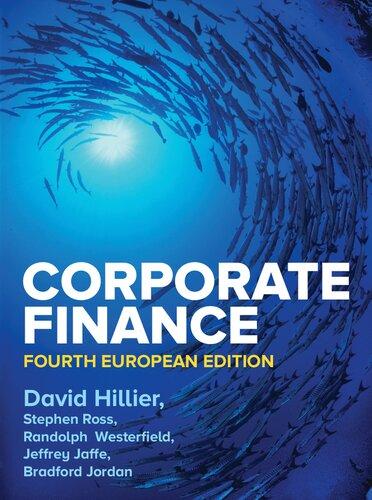What other, perhaps non-quantifiable, factors affect Maxs decision to get an MBA? Max Gruber graduated from university
Question:
What other, perhaps non-quantifiable, factors affect Max’s decision to get an MBA?
Max Gruber graduated from university six years ago with a finance undergraduate degree. Although he is satisfied with his current job, his goal is to become an investment banker. He feels that an MBA would allow him to achieve this goal. After examining schools, he has narrowed his choice to either Universität des Geschäfts in Austria or Financez l’École d’affaires in France. Although internships are encouraged by both schools, to get class credit for the internship, no salary can be paid. Other than internships, neither school will allow its students to work while enrolled in its MBA programme.
Max currently works at the money management firm of Huber and Bauer. His annual salary at the firm is €75,000 per year, and his salary is expected to increase at 3 per cent per year until retirement. He is currently 28 years old and expects to work for 35 more years. His current job includes a fully paid health insurance plan, and his current average tax rate is 50 per cent. Max has a savings account with enough money to cover the entire cost of his MBA programme.
The Business School at Universität des Geschäfts is one of the top MBA programmes in Europe. The MBA degree requires two years of full-time enrolment at the university. The annual tuition cost is €60,000, payable at the beginning of each school year. Books and other supplies are estimated to cost €2,500 per year. Max expects that, after graduation from Universität des Geschäfts, he will receive a job offer for about €125,000 per year, with a €25,000 signing bonus. The salary at this job will increase at 4 per cent per year.
Because he will be working in Austria, his average income tax rate will remain at 50 per cent.
The Financez l’École d’affaires began its MBA programme 16 years ago. It is smaller and less well known than the Universität des Geschäfts. However, the school offers an accelerated, one-year programme, with a tuition cost of €75,000 to be paid upon matriculation. Books and other supplies for the programme are expected to cost €3,500. Max thinks that he will receive an offer of €92,000 per year upon graduation, with a €10,000 signing bonus. The salary at this job will increase at 3.5 per cent per year. Because he will be working in France, Max’s average tax rate at this level of income will be 41 per cent.
Both schools offer a discounted health insurance plan that will cost €3,000 per year, payable at the beginning of the year. Max also estimates that room and board expenses will cost €20,000 per year at either school. The appropriate discount rate is 6.5 per cent.
Step by Step Answer:






